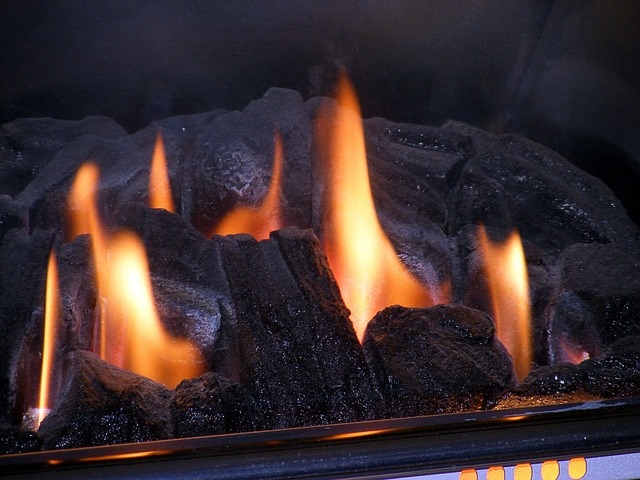
Gas fire efficiency explained
Temperatures are falling and your heating bill is inevitably going to rise. This situation presents a few important questions – what uses most gas, central heating or gas fire? Does a gas fireplace save you money? Is it cheaper to use your gas fire or central heating?
To make an informed decision on how to heat your home this winter, there are a number of factors to consider, mainly relating to the type of home and heating system you have. Read on for gas fire efficiency explained.
How is your house heated?
If your house has good insulation and a modern boiler, then central heating is usually the cheaper and better option. Benefits, such as condensing technology, heat exchangers and a balanced flue, all add to the efficiency of a boiler and mean it is a cost effective way of heating your home.
You may also have a way of controlling the temperature in your home via a remote/smart device or temperature controls on your radiators. Not only does this enable you to maintain constant heat levels throughout your house, but it also allows you to easily increase the temperature in particular rooms. That way, you’re going to feel warmer, but won’t be wasting energy on heating empty spaces.
The main alternatives for heating a house are storage heaters and electric fires. The perceived advantage is that you can mainly use off-peak electricity and then top up with peak rate electricity during cold spells. If this is your heating method, then it can be cheaper to use your gas fire in one room, as long as you keep the doors and windows closed.

How big is your house?
If you live in a small, high ceiling or open plan house, then the answer to ‘does a gas fireplace save you money?’ will almost always be ‘no.’ Heating the whole house is the cheaper and more efficient option.
However, if you live in a large house and the room with a gas fire is less than 25% of it, it could be advantageous to just heat that one room. But again, factors such as the quality of your insulation will need to be considered.
Where is your gas fire?
More specifically, is the gas fire in your most-used room and how much do you use that particular room? For instance, this could be your living room, but if you happen to work from home, this may be a study or spare room. If your gas fire is in a room that you use for the vast majority of the day, then it could be beneficial to solely heat it via a gas fire. The downside to this is that any trips to the kitchen or bathroom, or any other parts of your house, will be pretty cold experiences….
Conclusion
As you might have gauged, central heating is usually the best option, providing you have an energy efficient system. Aside from the above considerations, it’s a simple fact that boilers are more efficient. The average modern central heating boiler is 90% efficient. In other words, 90% of the energy used to run it goes towards heating your house and 10% is lost, mainly due to needing to run the boiler itself.
By contrast, gas fires can have an efficiency as low as 50%. Gas fires need a constant supply of fresh air, so there will be a ventilation process. This ventilation causes warm air to leave the room, and because it is constant, this occurs regardless of whether the fire is being used or not.
Think you could be getting more from an energy efficient central heating system? Get in touch on 0800 980 6018 or email us at enquiries@basiheating.com to arrange a free survey or for more information.









